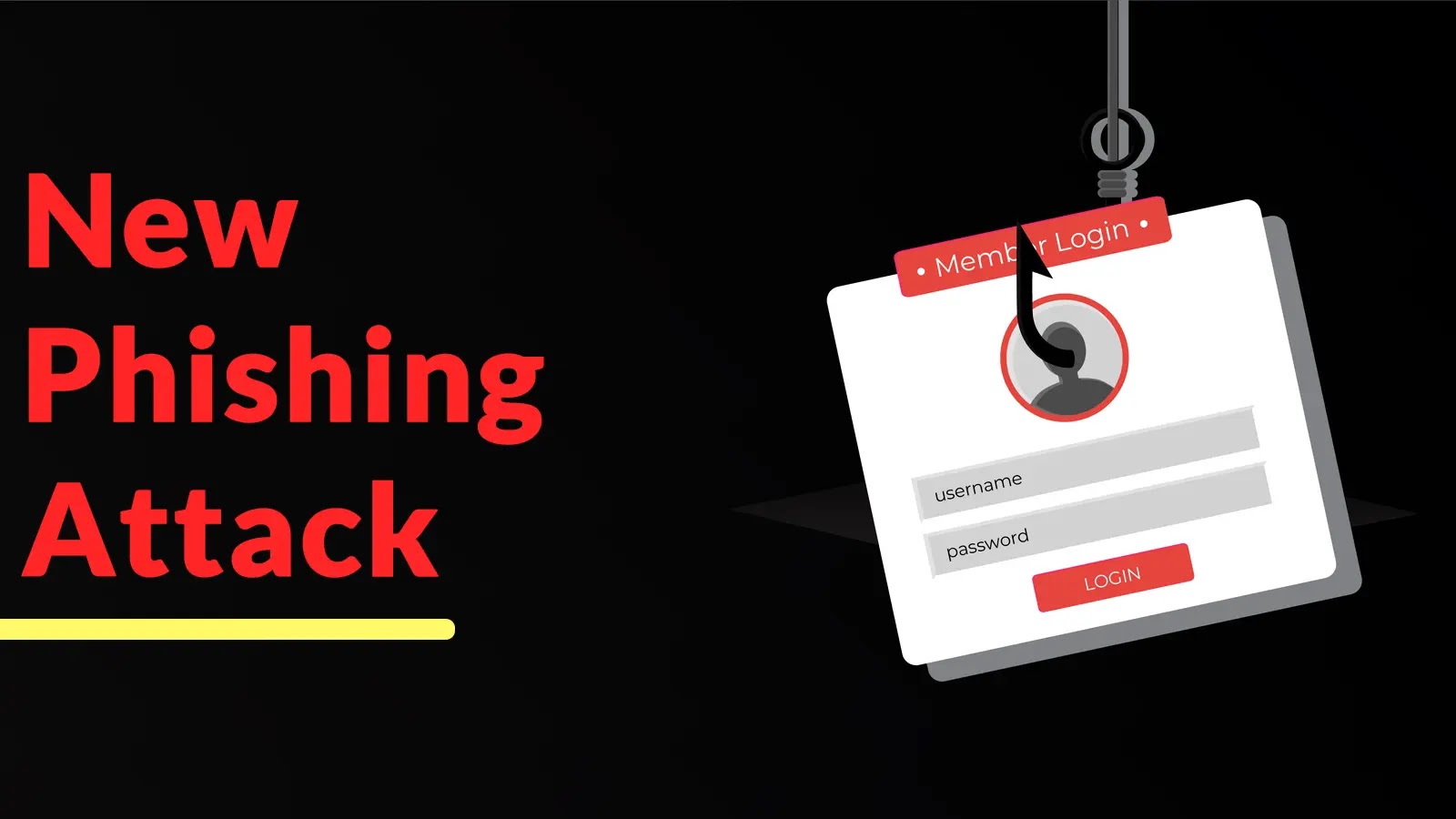Cybercriminals Exploit Meta Business Suite in Sophisticated Phishing Campaign
A recent large-scale phishing campaign has emerged, targeting users of Meta’s Business Suite—a platform that integrates management tools for Facebook, Instagram, and Messenger. This campaign has successfully compromised credentials across thousands of small and medium-sized businesses (SMBs) worldwide.
Scope and Impact
Security researchers at Check Point have identified approximately 40,000 phishing emails distributed to over 5,000 organizations. The primary targets span various industries, including automotive, education, real estate, hospitality, and finance, with victims located in the United States, Europe, Canada, and Australia. The attackers’ use of Meta’s legitimate infrastructure has made detection significantly more challenging compared to traditional phishing attempts.
Tactics and Techniques
This campaign marks a concerning evolution in phishing strategies. Instead of relying on spoofed domains or counterfeit infrastructure, the attackers have exploited Meta’s native Business invitation feature to establish credibility. By creating fraudulent Facebook Business pages adorned with official Meta branding and logos, they send Business Portfolio invitations containing embedded malicious links. These emails, originating from the legitimate facebookmail.com domain, appear authentic and are indistinguishable from genuine Meta notifications.
Upon clicking the embedded links, recipients are redirected to credential harvesting pages hosted on domains such as vercel.app. These phishing websites are meticulously designed to capture login credentials and other sensitive account information. The emails often employ urgent language, such as Action Required, You’re Invited to Join the Free Advertising Credit Program, and Account Verification Required, compelling users to act swiftly without verifying the authenticity of the messages.
Broader Context
This incident is part of a broader trend where cybercriminals exploit trusted platforms to execute phishing attacks. For instance, a campaign dubbed Meta Mirage targeted businesses using Meta’s Business Suite by impersonating official Meta communications. Researchers identified over 14,000 malicious URLs associated with this campaign, with nearly 78% evading browser security filters at the time of discovery. The attackers hosted fake pages on trusted cloud platforms, making the scams difficult to detect. These deceptive messages appeared urgent and authoritative, mimicking legitimate Meta communications. ([clickcontrol.com](https://clickcontrol.com/cyber-attack/alert-meta-mirage-phishing-campaign-hijacks-business-accounts-over-14000-malicious-urls-discovered/?utm_source=openai))
Recommendations for Protection
To safeguard against such sophisticated phishing attempts, organizations should consider implementing the following measures:
1. Multi-Factor Authentication (MFA): Enforce MFA to add an extra layer of security, ensuring that even if credentials are compromised, unauthorized access is prevented.
2. Employee Training: Educate staff on recognizing phishing attempts, emphasizing the importance of verifying email authenticity and being cautious with embedded links.
3. Advanced Email Security Solutions: Deploy email security systems that utilize behavioral analysis and artificial intelligence to detect and block phishing emails.
4. Direct Navigation: Encourage users to access official Meta accounts directly through known URLs rather than clicking on links provided in emails.
5. Regular Monitoring: Continuously monitor accounts for unusual activity and report any suspicious incidents to Meta promptly.
By adopting these proactive measures, businesses can enhance their defenses against evolving phishing threats and protect their valuable digital assets.



